Taxability Rules for Gig Economy: VAT & GST Implications for Ride-Sharing Platforms

🎧 Prefer to Listen?
Get the audio version of this article and stay informed without reading - perfect for multitasking or learning on the go.
The estimated value of the gig economy in 2024 was USD 556.7 billion, whereas that number could grow to USD 1.847 billion by 2032. The rise and rapid expansion of the gig economy gave people a chance to have multiple streams of income without officially having two or more jobs, ultimately leading to the transformation of the labor market.
However, as the number of digital platforms and gig workers increased, tax authorities needed to adapt their regulatory frameworks to address the specific characteristics of gig economy transactions. Part of that adaptation was determining how the VAT, GST, and other indirect taxes apply to ride-sharing digital platforms and drivers.
What is a Gig Economy?
The gig economy represents a transition from long-term employment to short-term, more flexible work arrangements enabled and facilitated by digital platforms, such as ride-sharing, food delivery, and short-term accommodation rental. The most well-known ride-sharing digital platforms include Uber, Lyft, Bolt, etc.
These digital platforms provide access to a broader market and create employment opportunities in regions where traditional job markets do not offer growth and financial opportunities.
However, these digital platforms and the transient nature of these engagements represent complex issues regarding tax obligations, including VAT and GST-related issues.
Global Tax Framework for Gig Economy
Tax frameworks are constantly evolving and adapting to the challenges posed by digital business models, both nationally and internationally. As the industry continues to develop, countries worldwide and international organizations are increasingly working on establishing a system that will introduce rules for monitoring relevant transactions, subjecting them to VAT and GST, and establishing an international administrative cooperation framework.
Nonetheless, taxability rules vary significantly across countries, which primarily causes issues for digital platforms. Since the laws and regulations are still being developed, gig workers in the ride-sharing industry often face difficulties determining their tax rights and obligations.
GST/HST Requirements in Canada
Ride-sharing drivers in Canada must register for, collect, and remit GST/HST from the first ride provided to the Canadian Revenue Agency (CRA). This means that the requirement to register, collect, and remit GST/HST does not depend on whether drivers exceed the CAD 30,000 threshold.
Ireland VAT Rules for Taxi Drivers
Last year, Uber taxi drivers in Ireland were surprised to learn that the digital platform operator did not charge and remit VAT on commissions to the Revenue Agency. Under the Irish VAT rules, passenger services, including taxi rides, are VAT-exempt.
However, suppose the digital platform facilitating ride-sharing services is established outside of Ireland. In that case, taxi drivers are considered to receive the service as a B2B transaction, thus becoming liable for VAT under the reverse-charge mechanism.
In other words, if the digital platform that facilitates the ride-sharing service, which connects the drivers with the user, is established in Ireland, the digital platform operator is responsible for charging and collecting VAT once the conditions are met.
In contrast, Irish drivers must register to report and pay VAT if a digital platform is established abroad, such as Uber, which is a Netherlands tax resident.
New Zealand GST Ride-Sharing Rules
A ride-sharing driver in New Zealand who exceeds the GST registration threshold of NZD 60,000 in 12 months must register for, charge, and collect GST from the Inland Revenue. Additionally, ride-sharing drivers must register for GST when they expect to exceed the threshold in the next 12 months. Once registered, drivers must charge a 15% GST on their fares and account for it in their GST returns.
Drivers must inform digital platform operators about their GST status. If drivers are GST-registered, the digital platform operator must collect GST directly from the user and remit it to the Inland Revenue. If the driver is not registered, the digital platform operator still collects GST directly from the user but pays the driver an 8.5 % flat-rate credit and 6.5% to the Inland Revenue.
Key Tax Considerations for Digital Platforms
Digital platforms like Uber or Bolt are increasingly scrutinized for VAT and GST compliance. One of the first considerations for these platforms is to examine the obligation to collect and remit tax on facilitated services. Moreover, digital platforms should determine whether they are responsible for charging and remitting VAT or the drivers providing ride-sharing services.
Due to the unique nature of digital services and related transactions, digital platforms must determine where a service is considered to be provided, which is critical for determining which jurisdiction’s tax rules apply.
Furthermore, in recent years, an increasing number of court decisions, including those in the UK, New Zealand, and India, have affected how ride-sharing platforms are treated from a tax perspective. Therefore, digital platforms should monitor for new decisions impacting how national tax authorities treat them.
Impact of Tax Rules on Ride-Sharing Drivers
Ride-sharing drivers are typically considered self-employed, which means that, unlike traditional employees, they are responsible for managing their taxes. Drivers should pay close attention to VAT/GST registration, as well as collecting and remitting rules and requirements.
More specifically, drivers should determine if they must register for, collect, and remit taxes when starting to provide ride-sharing services or only when they exceed a certain threshold. Additionally, drivers should examine whether they are the ones who must report and remit taxes to the competent national tax authorities or if the digital platform that facilitates it will do that.
Furthermore, drivers should maintain accurate records on all rides provided, including receipts for expenses such as parking, payments for car washes, repairs, insurance expenses, and similar, as these expenses could be deducted.
Future Outlook of the Gig Economy
One thing is sure: VAT and GST taxability rules for the gig economy, including ride-sharing services, will face further adjustments as governments redefine taxability rules to capture more revenue for the state budget. Regulatory harmonization may become common as countries establish systems for a coordinated approach to tax these services.
One such approach has been adopted on the EU level, with EU countries reaching an agreement on the VAT in Digital Age (ViDA) initiative that, among other things, obliges digital platforms that facilitate ride-sharing services to collect and remit VAT to tax authorities when drivers do not do that. In July 2028, voluntary implementation of deemed supplier rules for ride-sharing digital platforms for EU countries will begin, and from January 2030, all EU countries must have these rules in place. The same will apply to digital platforms that facilitate short-term accommodation rental.
Additionally, emerging technologies, such as blockchain or AI, could play a critical role in simplifying compliance for taxable persons, both digital platforms and ride-sharing drivers, and enhancing tax compliance monitoring by the tax authorities. The use of AI for monitoring purposes can be found in Taiwan, where the Ministry of Finance announced that it introduced an AI and big data analysis technology to select cases for various types of tax evasion systematically.
Conclusion
The scope to which the gig economy, including the ride-sharing sector, has grown, reshaped the labor market, and increased scrutiny from national tax authorities. Although the current regulatory landscape looks more complex for ride-sharing digital platforms operating in multiple jurisdictions, drivers also face issues due to either a lack of rules and guidelines or changes in laws and regulations that lead to different interpretations or new taxability rules.
Nevertheless, the gig economy, and thus taxable persons who are part of the economy, should expect more harmonized tax systems, especially with the EU's ViDA. The EU proved to be a generator of policies that transfer to a global scale, which could lead to the conclusion that more countries will follow the EU regulatory example.
Source: Government of Canada - GST/HST and Commercial Ride-sharing Services, US Internal Revenue Service- Gig Economy Tax Center, Irish Tax and Customs - VAT Treatment Relevant to Taxi Drivers, VATabout - Ireland: Uber Drivers May Be Liable for VAT on Commissions, New Zealand Inland Revenue, VATabout - India Court Ruling: Uber Liable for GST as E-Commerce Operator, World Economic Forum, Taiwan Ministry of Finance

Featured Insights

Burkina Faso FEC E-Invoicing Mandatory July 2026
🕝 February 24, 2026More News from World
Get real-time updates and developments from around the world, keeping you informed and prepared.
-e9lcpxl5nq.webp)




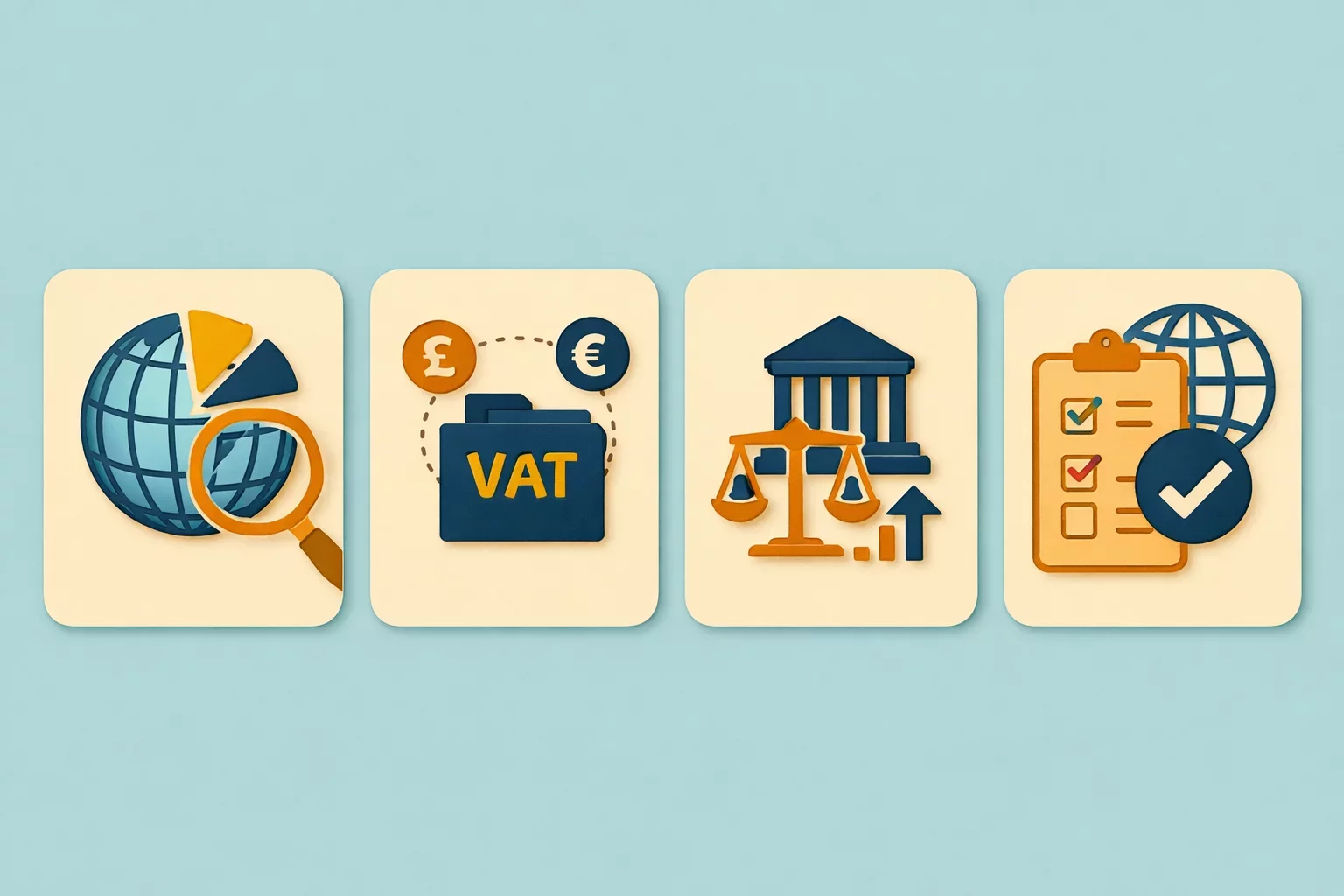

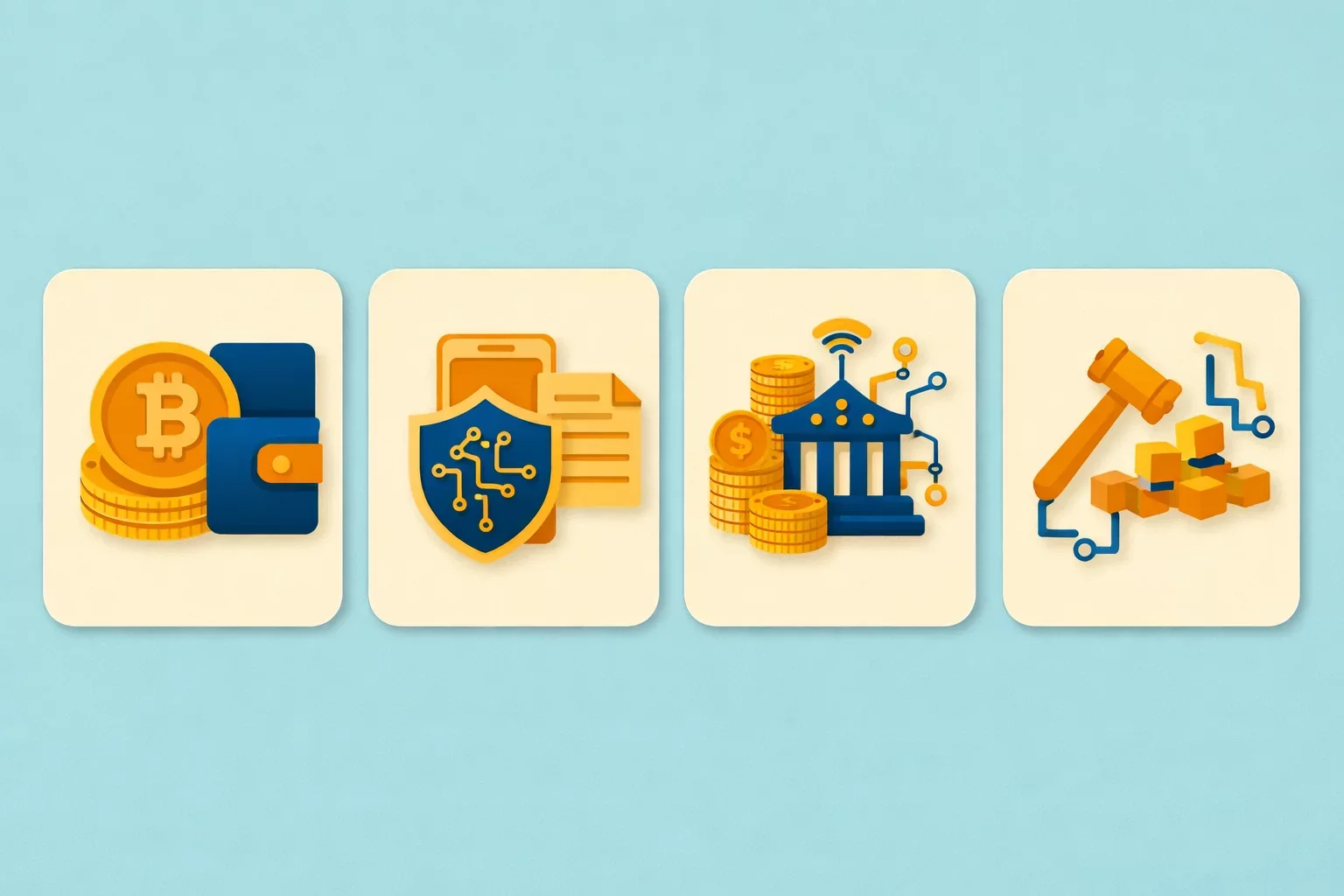
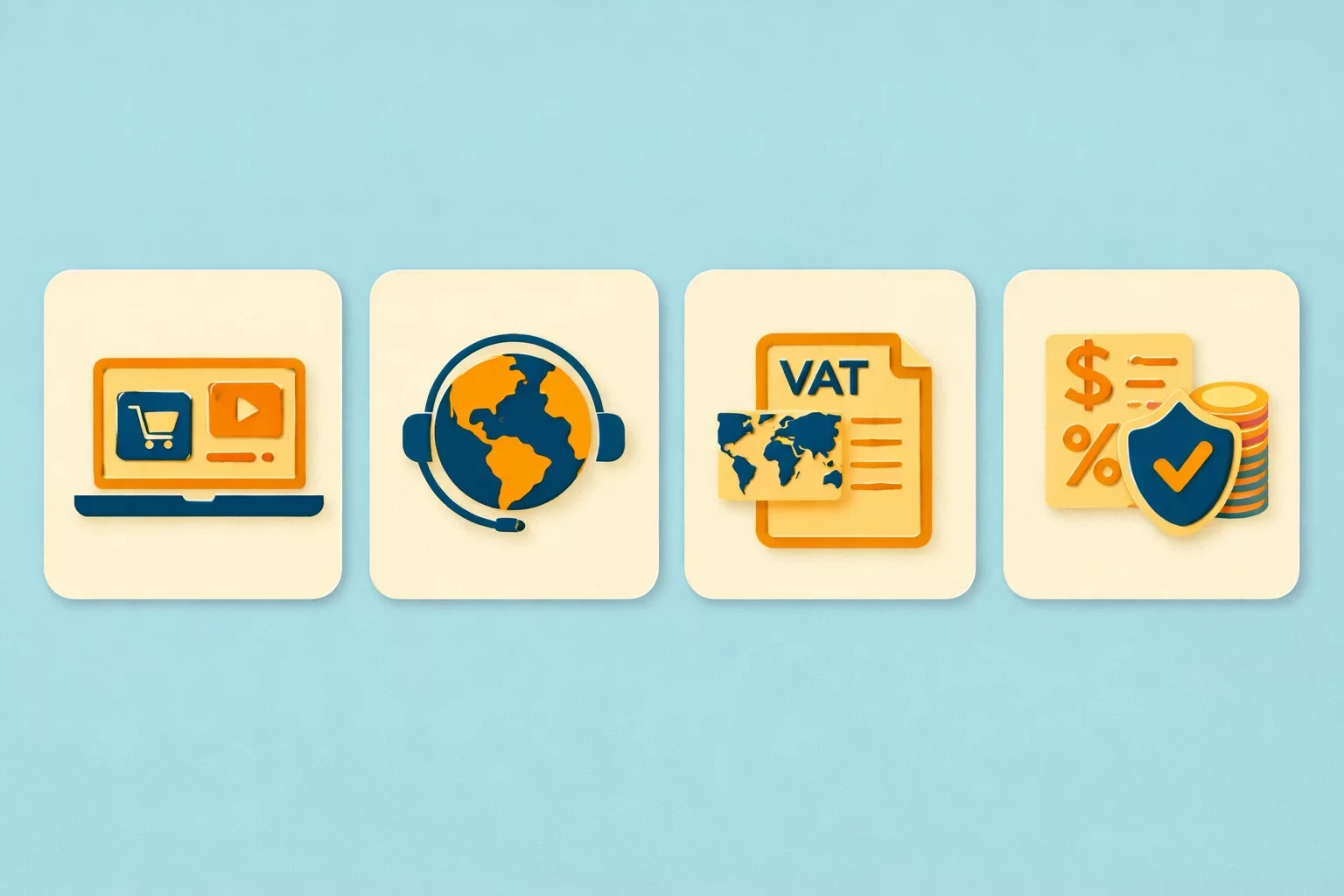


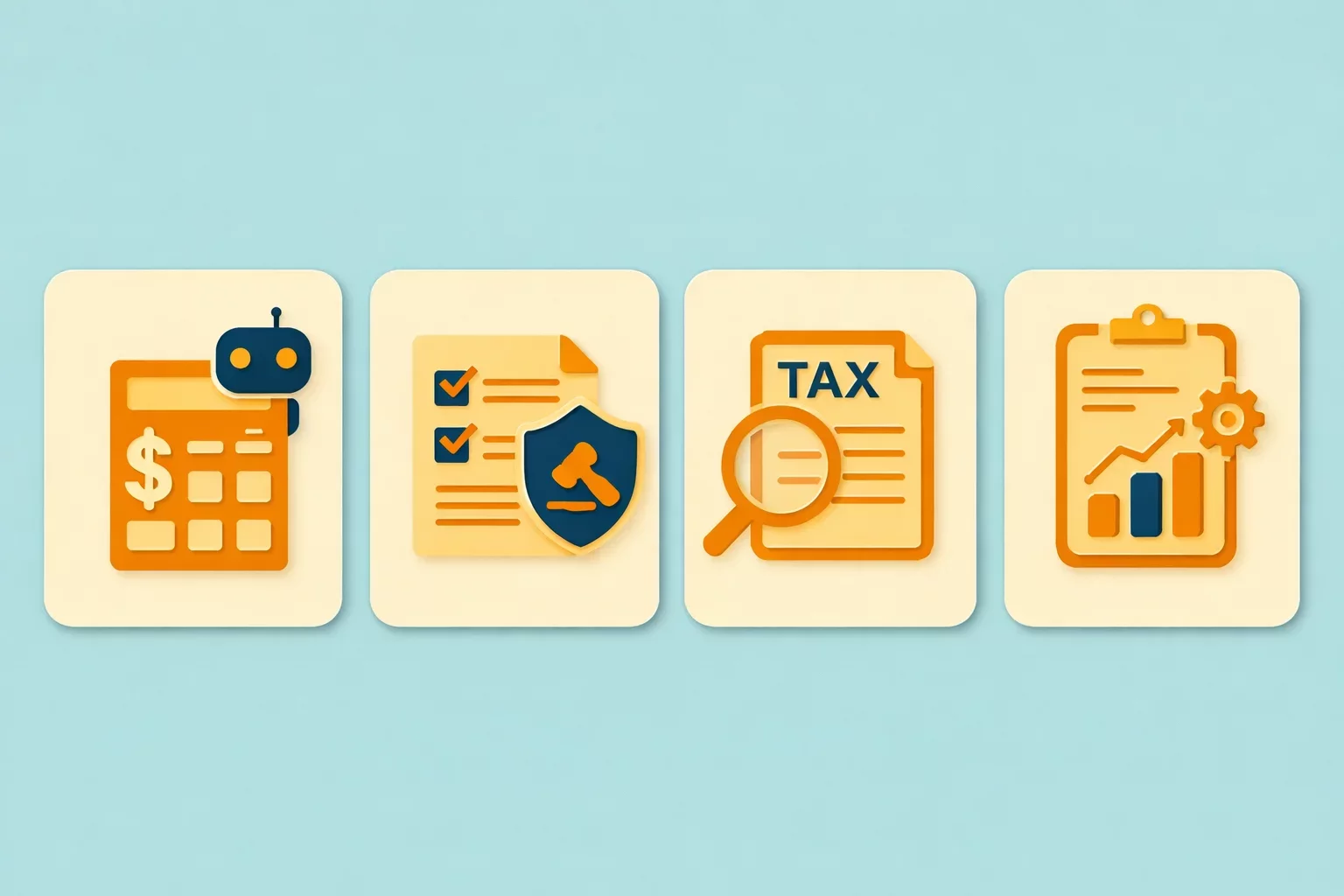








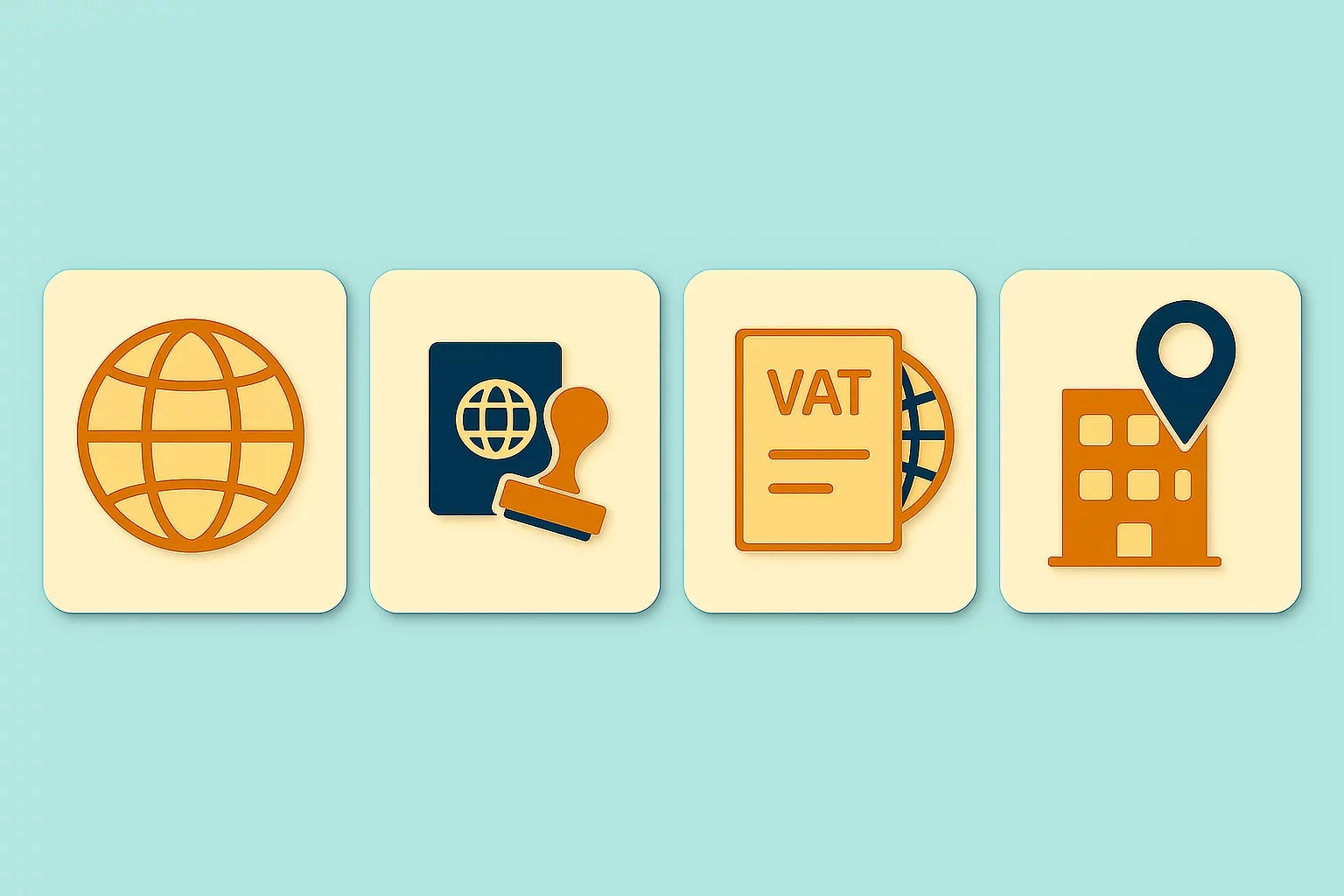













-7xdqdopxl6.webp)



-a9bz8kz2cs.webp)






























